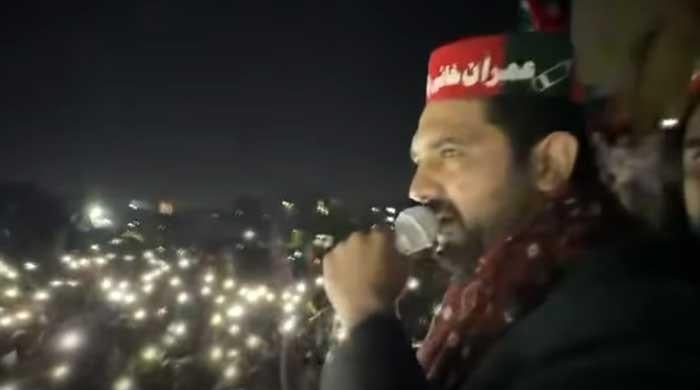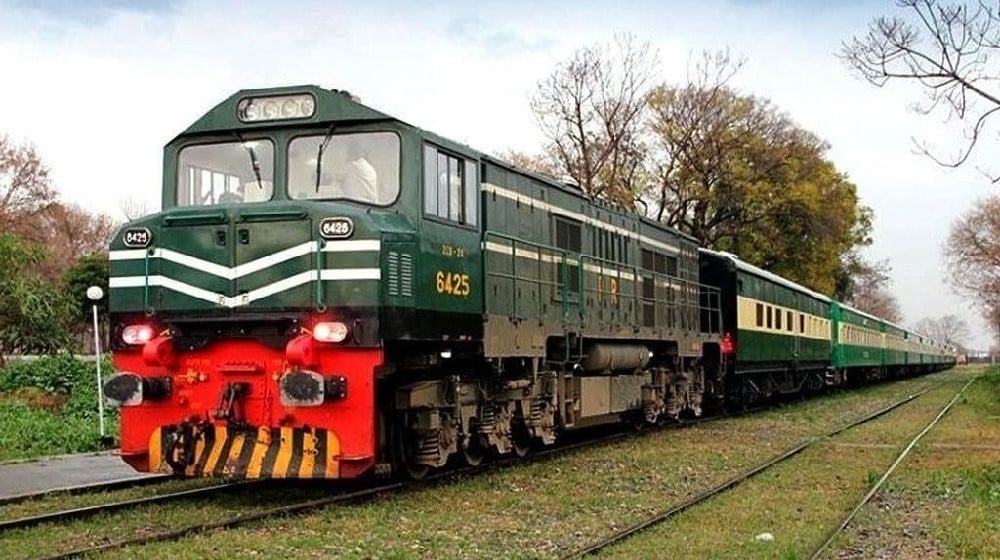Fraz, 22, Bradford
Occupation Law graduate, training to become a commercial solicitor
Voting record Was only eligible to vote in the last election and had to go away at the last minute. Describes himself as “pretty central”
Amuse bouche When…

Occupation Law graduate, training to become a commercial solicitor
Voting record Was only eligible to vote in the last election and had to go away at the last minute. Describes himself as “pretty central”
Amuse bouche When…

Vehicles move amid dense fog on a road in Lahore, Pakistan, Jan. 11, 2026. (Photo by Sajjad/Xinhua)

A fruit vendor pushes his bicycle amid dense fog on a road in Lahore, Pakistan, Jan. 11, 2026. (Photo by Sajjad/Xinhua)

Vehicles move amid dense…


Pakistan Railways has issued a revised departure schedule after dense fog disrupted train operations, affecting services leaving Lahore for Karachi and other destinations.
According to the updated timings, the Karakoram Express…